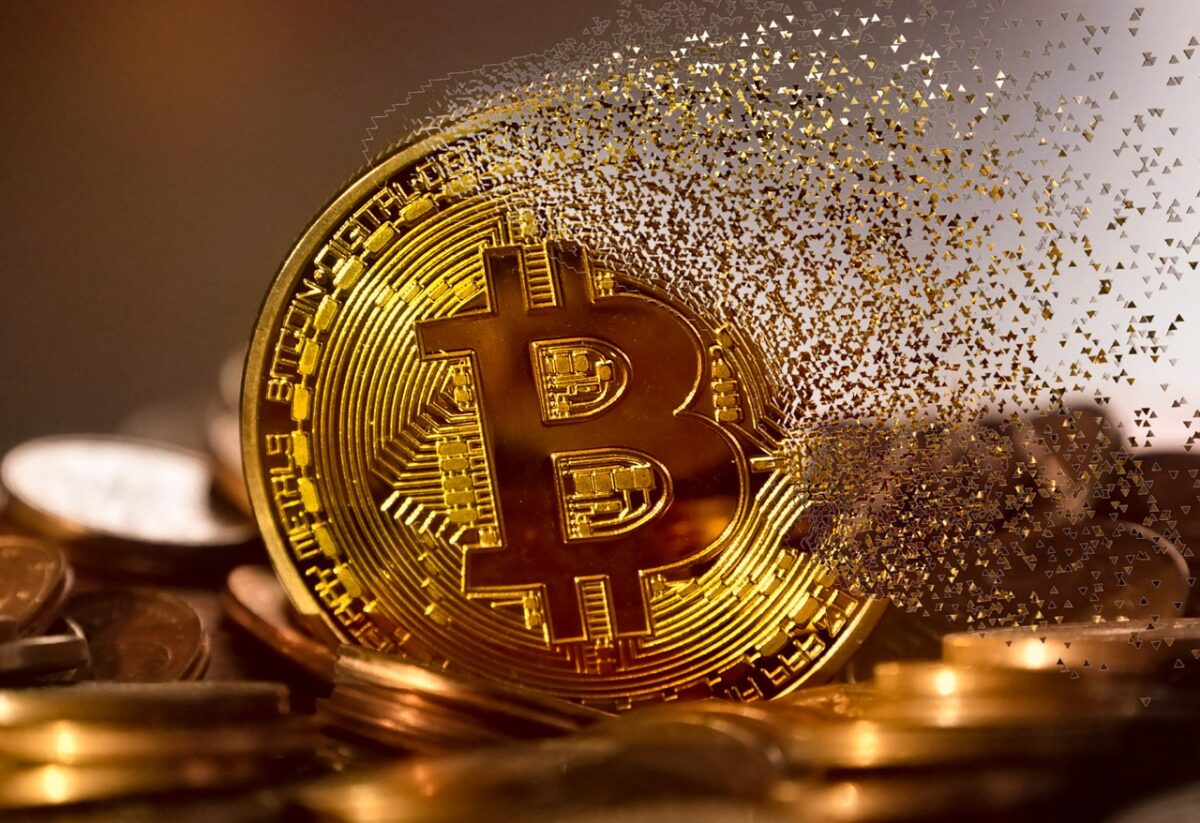Bitcoin, the world’s largest cryptocurrency, has been around for over a decade now. It is a decentralized currency that operates on a peer-to-peer network without the need for intermediaries or central authorities. One of the most common ways to acquire Bitcoin is through mining. However, the question that arises is, how long does it take to mine a Bitcoin?
Bitcoin mining is the process of verifying transactions on the Bitcoin network and adding them to the blockchain ledger. Miners use powerful computers to solve complex mathematical problems that require a significant amount of computational power. The first miner to solve the problem is rewarded with a block of newly created Bitcoins. This reward is currently set at 6.25 BTC per block and is halved every 210,000 blocks. This halving occurs approximately every four years, and the next one is expected to occur in 2024.
The time it takes to mine a Bitcoin depends on various factors such as the miner’s computational power, the difficulty level of the mathematical problem, and the current network hashrate. The hashrate refers to the total computational power of all miners working on the Bitcoin network. As more miners join the network and increase their hashrate, the difficulty level of the mathematical problem increases to maintain a consistent block creation rate of approximately 10 minutes.
In the early days of Bitcoin mining, it was possible to mine Bitcoin using a personal computer or a laptop. However, as the network hashrate increased, it became more challenging to mine Bitcoin using conventional hardware. Today, most miners use specialized hardware known as Application-Specific Integrated Circuits (ASICs), designed explicitly for Bitcoin mining. These ASICs are incredibly powerful and can perform trillions of calculations per second, making it possible to mine Bitcoin much faster.
The time it takes to mine a Bitcoin also depends on the electricity cost and the mining pool fees. Mining Bitcoin requires a significant amount of electricity to power the mining hardware. The cost of electricity varies depending on the country and the region. In some countries, electricity costs are relatively low, making it more profitable to mine Bitcoin. On the other hand, in countries where electricity costs are high, it may not be profitable to mine Bitcoin.
Mining pools are groups of miners who combine their computational power to increase their chances of solving the mathematical problem and earning a block reward. When a mining pool solves a block, the reward is distributed among the miners based on their contribution to the pool. However, mining pools charge a fee for their services, which can reduce the profits earned from mining.
In conclusion, the time it takes to mine a Bitcoin depends on various factors such as the miner’s computational power, the difficulty level of the mathematical problem, the current network hashrate, electricity cost, and mining pool fees. With the current network hashrate and difficulty level, it takes approximately 10 minutes to mine a block, which rewards the miner with 6.25 BTC. However, this can vary significantly based on the factors mentioned above, making it challenging to predict the exact time it takes to mine a Bitcoin.

